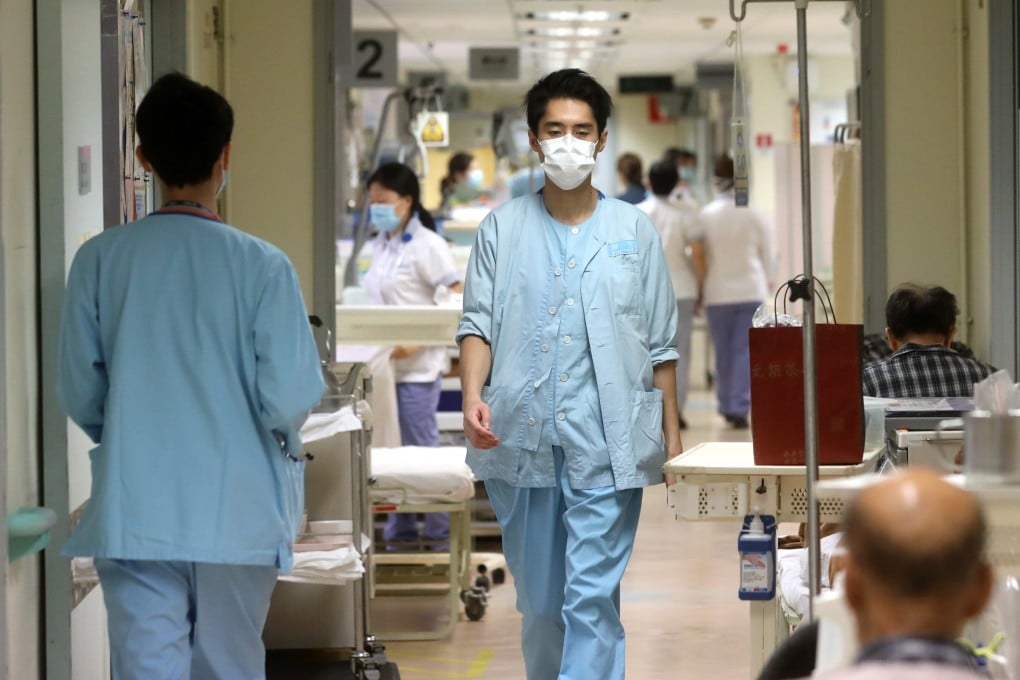Letters | Pandemic measures led to unmet demand for Hong Kong medical licensing exam
- Readers discuss the licensing exam for Hong Kong doctors, how housework can toughen up pampered youth and the need for unity in the city’s pandemic fight

Because of Covid-19, the council had decided to cancel the two licensing exams scheduled for 2020 and the clinical exam scheduled for May this year. Given the need to safeguard public health and safety, and to maintain the normal operation of the licensing exam, the council held the first two parts of the 2021 licensing exams in March and September. The clinical exam for the second sitting of the 2021 licensing examination was held in November.
Regarding the quota on the clinical exam, according to the council’s current guidelines, the maximum capacity for each of the four disciplines is 72 candidates per sitting. In the light of the increase in examination time for each candidate brought about by changes to the format of the paediatrics clinical exam and the series of epidemic control measures, the number of seats for the paediatrics clinical exam for the second sitting of the 2021 licensing exam has been adjusted from 72 to 60.
Meanwhile, that for each of the other three disciplines remains unchanged. The arrangement for the paediatrics clinical exam applies to the second sitting of the 2021 licensing exam only. The council will consider later on the capacity for next year’s clinical exam.
As a general rule, if the number of applicants exceeds the maximum capacity, the council will allocate seats in accordance with the prevailing mechanism, with priority given to those applicants who have passed three subjects in the clinical exam and those who have already taken the clinical exam four times.